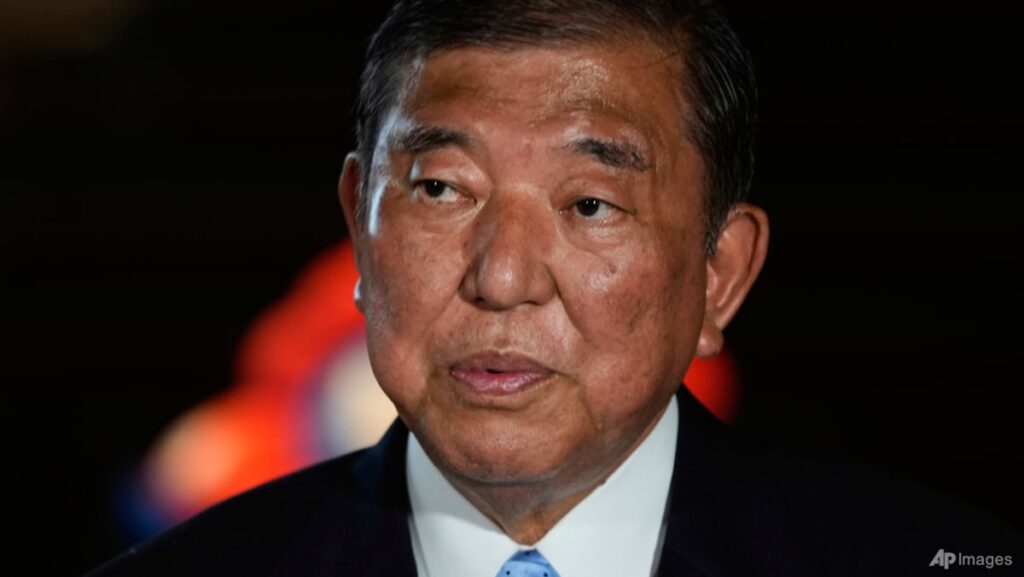Since the ruling coalition has lost its parliamentary majority, the next LDP president is not guaranteed to become prime minister, although that is likely as the party remains by far the largest in the lower house.
Whoever becomes the next leader may choose to call a snap election to seek a mandate, analysts said. While Japan’s opposition remains fractured, the far-right, anti-immigration Sanseito party made big gains in July’s upper house election, bringing once-fringe ideas into the political mainstream.
Nearly 55 per cent of respondents to a poll by Kyodo news agency published on Sunday said there was no need to hold an early election.
Michael Brown, senior research strategist at financial markets brokerage Pepperstone, said there was likely to be further selling pressure on the yen and long-dated bonds on Monday.
“That selling pressure is likely to come first from the market now needing to price a greater degree of political risk, not only in terms of the LDP leadership contest, but also the potential for a general election to be held if the new leader seeks a mandate of their own,” Brown said.
“NO TIME TO LOSE”
Ishiba, a party outsider who became leader on his fifth attempt last September, wrapped up his brief tenure by completing the trade deal with Japan’s biggest trading partner, pledging US$550 billion of investments in return for lower tariffs.
Trump’s tariffs, especially those targeted at Japan’s critical automotive sector, had forced Japan to downgrade its already weak growth outlook for the year.
Ishiba said he hoped his successor could ensure the deal is executed and Japan continues generating wage gains to assuage voter concerns over living costs.
He also expressed concern about the security environment his successor will inherit, pointing to an unprecedented gathering of Chinese, Russian and North Korean leaders in Beijing for a massive military parade last week.
Yoshinobu Tsutsui, chairman of Japan’s biggest business lobby, Keidanren, said there was “no time to lose” with mounting domestic and international challenges.
“We hope the new leader will foster unity within the party, establish stable political conditions, and move swiftly to implement necessary policies,” Tsutsui said.
Some voters too are hoping for a steady hand in uncertain times.
“With all the turmoil around tariffs right now, I hope the next prime minister will be someone who can properly manage the tariff issues and handle diplomacy more effectively,” Maki Utsuno, a 48-year-old chemistry researcher, told Reuters outside a busy train station in downtown Tokyo on Sunday.
https://www.channelnewsasia.com/east-asia/japan-pm-shigeru-ishiba-resigns-5336616


